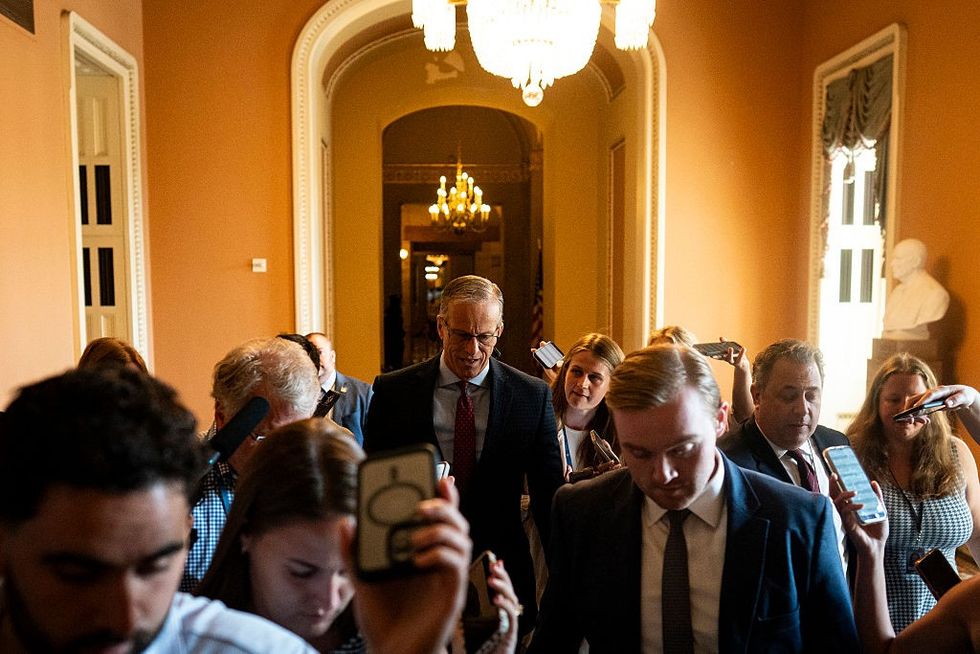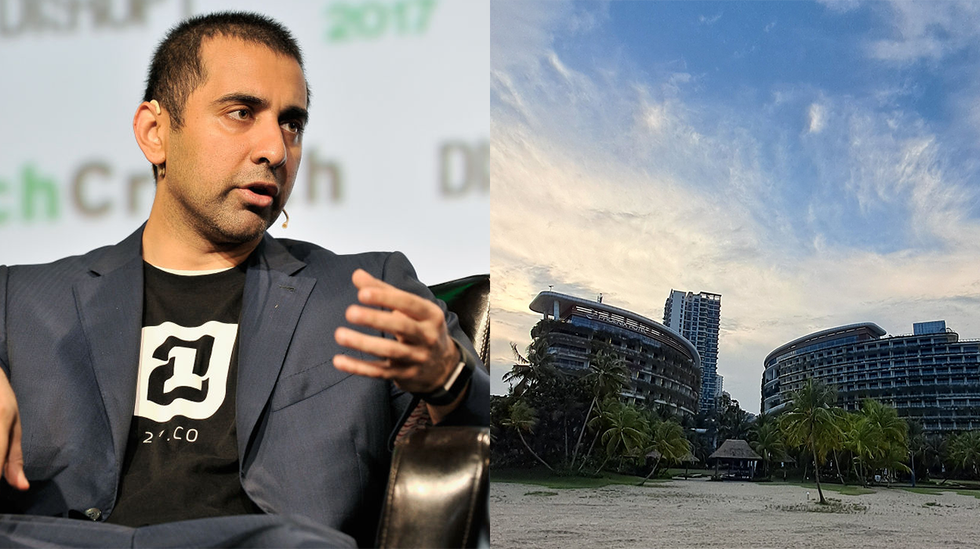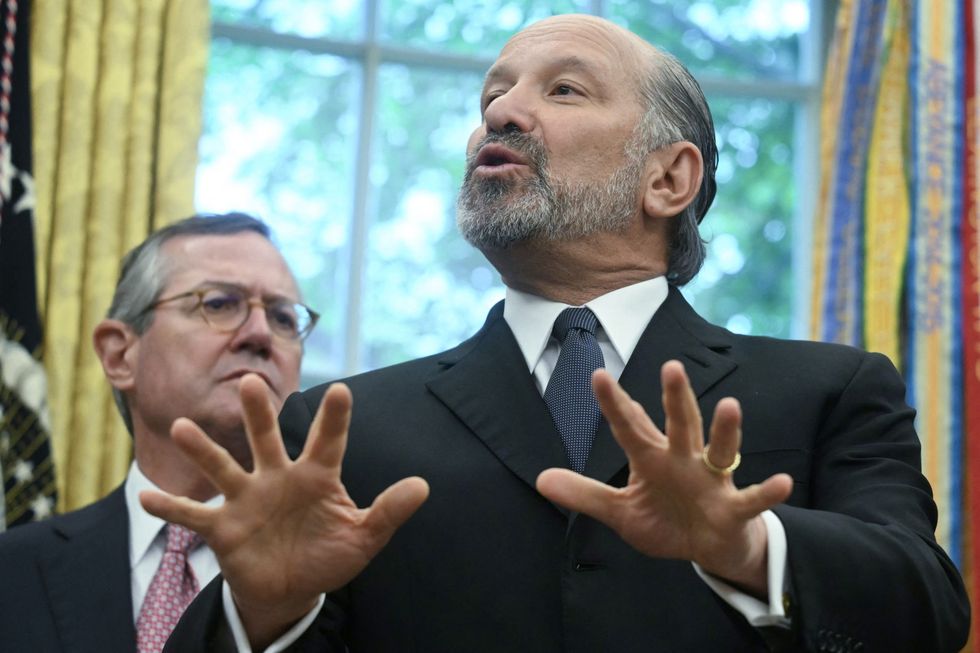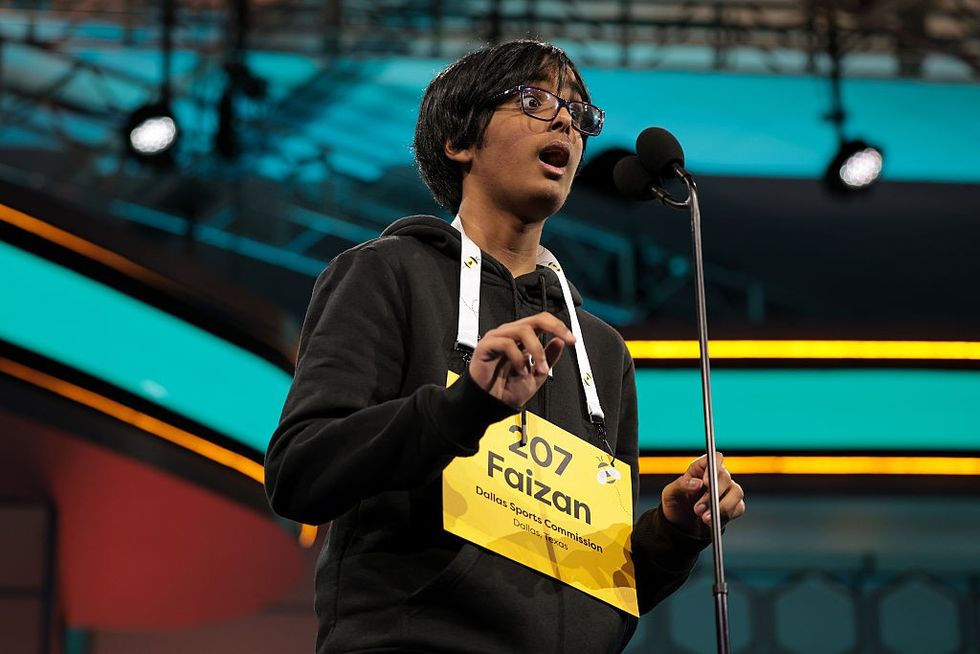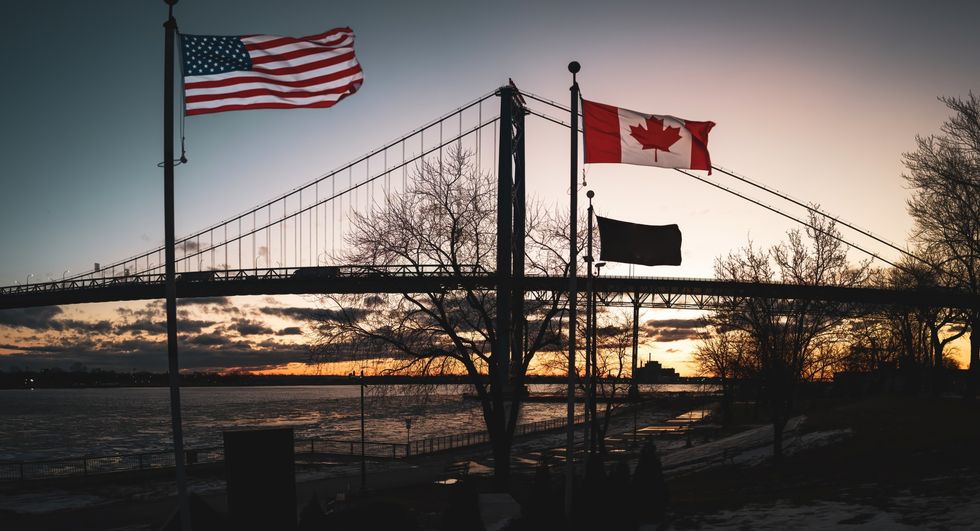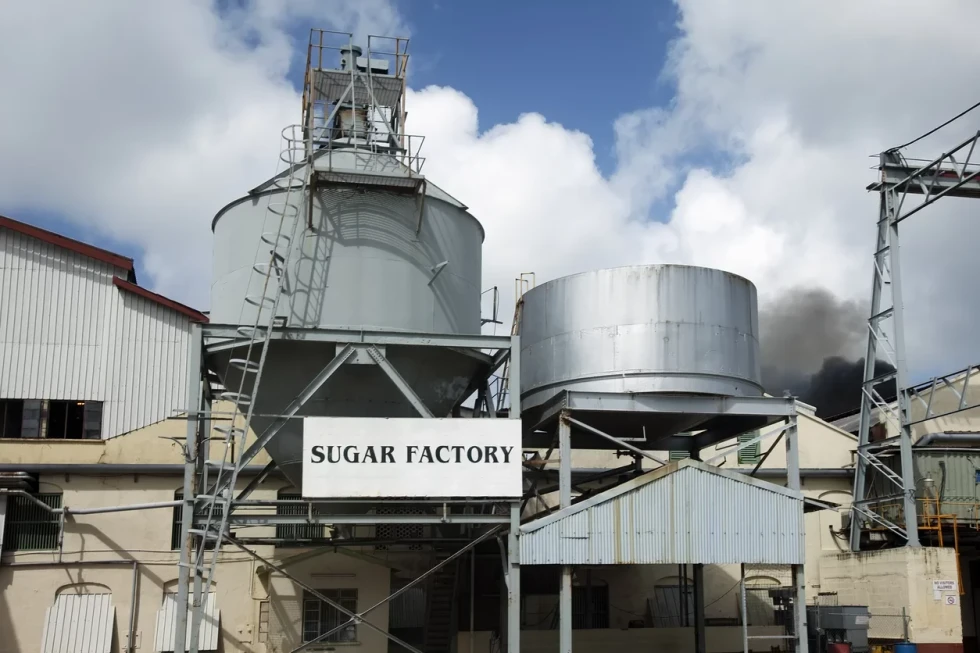STRATEGICALLY placed Sri Lanka’s economic recovery was essential for stability in the Indo-Pacific region, Japan’s foreign minister said last Saturday (4), urging Colombo to swiftly restructure its foreign debt.
Yoko Kamikawa said Colombo should secure agreements with bilateral lenders and international sovereign bondholders to unlock suspended foreign funding for the cash-strapped nation.
After talks with her Sri Lankan counterpart Ali Sabry, Kamikawa called on president Ranil Wickremesinghe and discussed the island’s reforms to overcome its worst economic crisis.
“Deliberation also encompassed discussions on the signing of the Memorandum of Understanding (MoU) pertaining to debt restructuring in Sri Lanka,” Wickremesinghe’s office said.
The Sri Lankan government, which defaulted on its $46 billion (£36.67bn) external debt in April 2022, had hoped to finalise deals with foreign creditors by April, but there have been no final agreements yet.
Kamikawa told reporters she “stressed the importance of reaching a debt restructuring agreement with all the creditors”, including China – the largest bilateral lender to the island.
“I also conveyed Japan’s intention to further support Sri Lanka’s development by swiftly resuming existing yen loan projects (after debt restructuring),” she said.
She said Tokyo considered Colombo’s economic recovery as crucial for the entire region. The island is located halfway along the main east-west international shipping route. “The restoration of stability and economic development of Sri Lanka, which is at a strategic location in the Indian Ocean, is essential for the stability and prosperity of the entire Indo-Pacific region,” she added.
Sri Lanka must secure agreement from all official creditors and a majority of private bondholders to continue with a fouryear $2.9bn (£2.3bn) bailout loan begun since March last year.
Japanese foreign ministry spokeswoman Mariko Kaneko said they were keen that Colombo press ahead with IMF-backed governance reforms that include tackling corruption. “Sri Lanka government needs to proceed with anti-corruption measures, make policy-making process more transparent,” she said, adding that they fully supported the reforms envisaged in the IMF bailout program.
Japan, the second largest bilateral lender to the island, has expressed concern about China’s big infrastructure projects in Sri Lanka and elsewhere in the region. Tokyo maintains that the Chinesefunded projects did not meet international finance standards.
Unable to repay a huge loan taken from China in 2017 to build a deep sea port in southern Hambantota, Sri Lanka handed it over to a Chinese firm for $1.12bn (£893 million) on a 99-year lease.
Sri Lanka ran out of cash to pay for even the most essential imports in 2022, leading to chronic shortages of food, fuel and medicines. Wickremesinghe has raised taxes, cut subsidies and is enforcing painful economic reforms in line with the IMF bailout.



